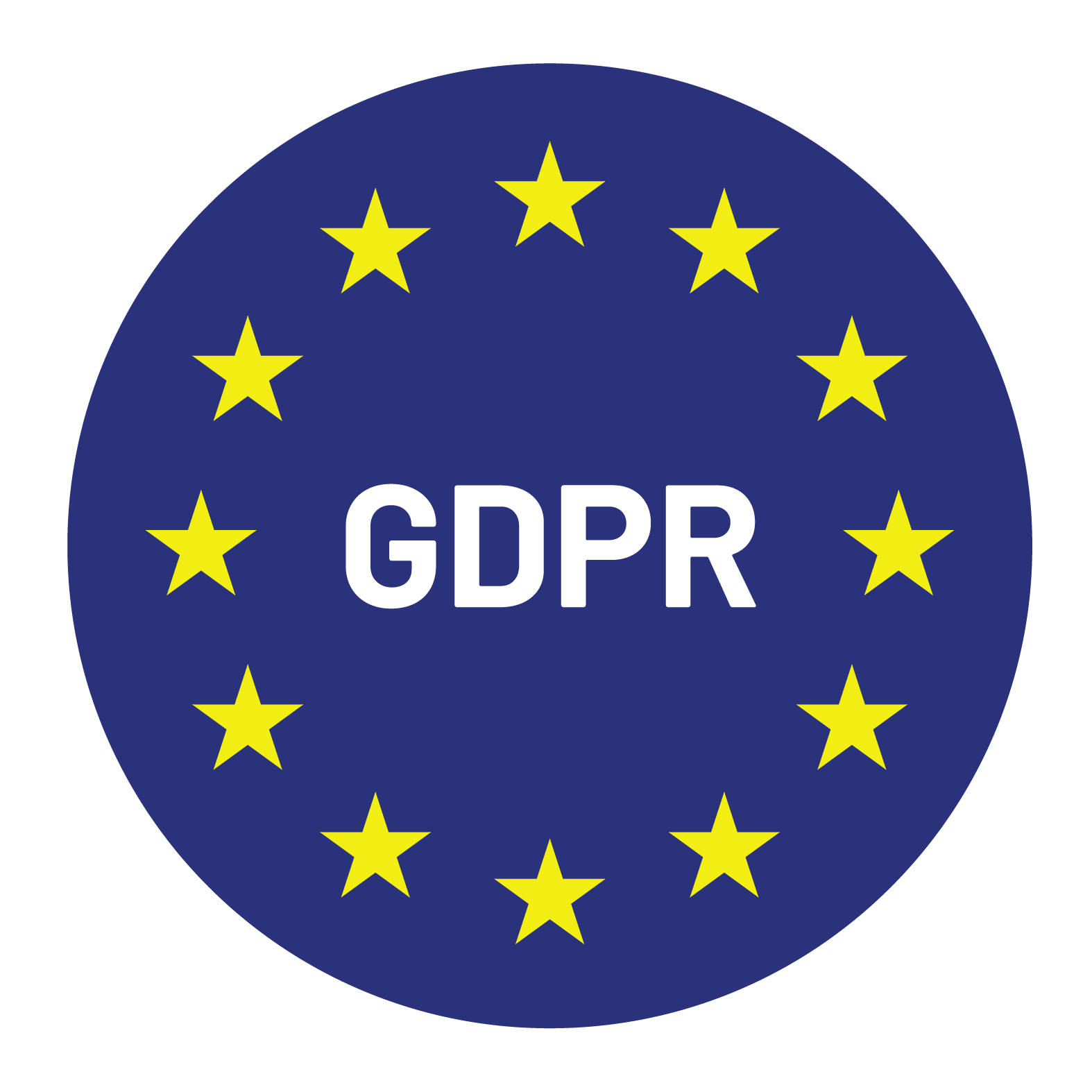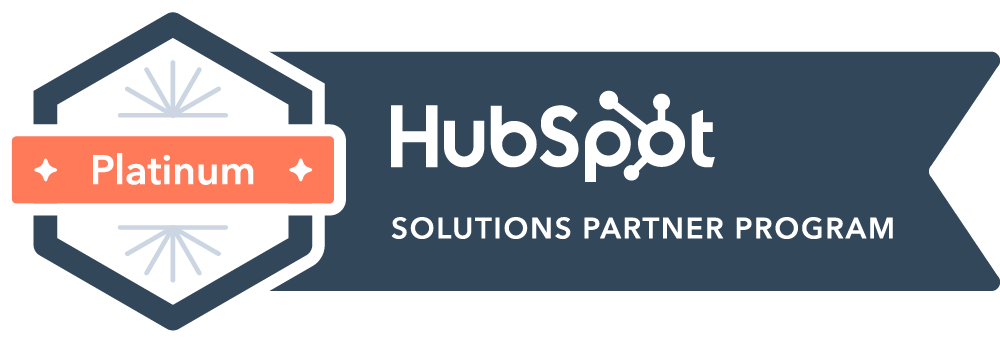You’re a B2B sales rep hungry for more meetings and demos. But cold calling feels like a slog with low success rates. Warm leads seem few and far between. Is there a better way to fill your pipeline with qualified opportunities? You betcha. Appointment setting is a crucial sales skill. But done right, it can work magic transforming cold outreach into a pipeline full of warm prospects.
This guide shares actionable tips to set more demos through email, social media, referrals, and yes, even cold calling. You’ll learn how to craft compelling outreach, leverage automation, and research accounts to strike up conversations. With these appointment setting hacks in your toolbelt, you’ll be booking meetings and driving revenue in no time.
Understanding Your Potential Clients
Before you can successfully set appointments, you need to understand who your ideal clients are. This involves crafting an ideal customer profile (ICP) that outlines the specific characteristics of the companies you want to work with.
Here are the 5 key aspects of an ICP:
- Industry: Which industries are your products or services best suited for?
- Company size: Are you targeting small businesses, large enterprises, or somewhere in between?
- Budget: Do your ideal clients have the budget to afford your solutions?
- Pain points: What are the common challenges your ideal clients face?
- Decision-making process: Who is involved in the buying process for your target companies?
Building strong B2B relationships is crucial for successful appointment setting. Utilize personalized emails, cold and warm calls, LinkedIn connections, and high-quality marketing collateral to engage with potential clients. Remember, the goal is to understand their needs and build trust, not just pitch your product.
Tailoring Your Approach to Different Clients
In a B2B appointment setting, a more than one-size-fits-all approach is needed. Each client, even within the same industry, has unique characteristics and circumstances. To be successful, you need to tailor your approach to resonate with each client.
Here’s how to achieve this:
Consider Key Client Factors:
- Industry: Different industries have distinct priorities and challenges. Research the specific industry to understand its current landscape and common pain points. Adjust your communication and highlight solutions relevant to their specific industry needs.
- Company size: Smaller companies often have faster decision-making processes and may be more receptive to innovative solutions. Conversely, larger organizations might have more complex structures and require a more formal approach. Adapt your communication style and level of formality accordingly.
- Decision-making process: Identify the key decision-makers within the company and understand how they typically reach decisions. Tailor your communication style and information to resonate with these individuals.
Build Rapport and Demonstrate Empathy:
- Active listening: Pay close attention to the client’s concerns and questions. Learn more about their needs and challenges by asking open-ended questions.
- Mirroring: Subtly mirroring the client’s communication style (e.g., pace, tone) can build rapport and establish a sense of connection. However, avoid mimicking them excessively to maintain genuineness.
- Focus on their needs: Instead of simply promoting your product or service, showcase how it directly addresses their specific challenges and pain points. Use their language and terminology whenever possible to demonstrate your understanding of their situation.
The Sales Process and B2B Appointment Setting
Appointment setting plays a vital role in the sales process. It helps qualify leads, identify potential customers, and schedule valuable time with key decision-makers.
Here are some signs that appointment setting could benefit your business:
- You have a pool of potential leads but struggle to convert them into sales.
- Your sales team spends too much time on unqualified leads.
- You need to improve the efficiency of your sales process.
Strategies for Successful B2B Appointment Setting
Effective B2B appointment setting requires a combination of factors.
- Comprehensive training and development programs equip appointment setters with the necessary skills and knowledge.
- Clear expectations ensure everyone is on the same page and working towards shared goals.
- Regular feedback helps identify areas for improvement and track progress.
- A positive team culture fosters collaboration and motivation.
Utilizing Technology to Streamline the Process
Technology has revolutionized appointment setting, making it more efficient and productive.
Here are some of the tools used:
- Customer Relationship Management (CRM) software centralizes all client data and streamlines communication.
- Appointment scheduling software simplifies the process of booking and managing appointments.
- Email automation tools personalize outreach and save time.
- The future of appointment setting involves leveraging even more advanced technologies, such as artificial intelligence and machine learning, to further automate tasks and personalize communication.
Scheduling Appointments Effectively
Appointment scheduling software streamlines the process, allowing you to book and manage appointments easily. Strategic scheduling prioritizes tasks and focuses energy on key decision-makers.
Understanding prospect needs is crucial. Use open-ended questions and targeted outreach strategies to gather information, and leverage data and analytics to optimize your approach.
Qualities of a Successful Appointment Setter
Exceptional communication skills are essential, both written and verbal. The ability to actively listen and adapt communication styles allows you to connect with a diverse range of clients. Additionally, rapport building and the ability to convey product value are key.
Tips for improving your abilities:
- Practice your communication and persuasion skills through role-playing and mock interviews.
- Take relevant courses and workshops to refine your skills.
- Seek feedback from experienced professionals for valuable insights.
- Join online communities dedicated to appointment setting to connect with peers and learn from others.
- Shadow a successful appointment setter in your field to gain real-world experience.
Importance of Successful Appointment Setting in Sales
Successful appointment setting offers numerous advantages:
- Increased lead generation: Qualified appointments translate to more sales opportunities.
- Improved conversion rates: Focused conversations with the right people lead to better conversion rates.
- Enhanced efficiency: Streamlined processes free up time for sales reps to focus on closing deals.
- Stronger client relationships: Building trust and rapport paves the way for long-term partnerships.
Challenges Addressed by Successful Appointment Setting:
- Reaching the right decision-makers: Appointment setters can navigate complex company structures to connect with the individuals who hold purchasing power.
- Overcoming gatekeepers: Skilled appointment setters can effectively engage with administrative personnel and navigate past them to reach key decision-makers.
- Standing out from the competition: A well-crafted and personalized approach can help you differentiate your offerings from competitors.
The Critical Steps in the Appointment Setting Process Include:
- Qualifying leads: Ensure potential clients are a good fit for your products or services.
- Setting the appointment: Secure a mutually convenient time and platform for the meeting.
- Conducting the meeting: Prepare effectively and present solutions that address the client’s specific needs.
Appointment setting can be outsourced to qualified agencies if your business lacks the internal resources or expertise.
Key performance indicators (KPIs) to track the effectiveness of your appointment setting efforts include:
- Number of appointments set: This measures the overall activity level of your appointment setters. It reflects the total number of appointments they secure, regardless of the outcome. While a high number might seem positive, it doesn’t necessarily translate to success.
- Conversion rates: This KPI goes beyond just setting appointments. It tracks the percentage of appointments that lead to sales. This is a more reliable indicator of success, as it shows how effective your appointment setters are at qualifying leads and scheduling meetings with individuals who are genuinely interested in your product or service.
- Average time to secure an appointment: This metric measures efficiency. It reflects the average time it takes for an appointment setter to schedule a meeting with a potential client. A lower average indicates that your team is efficient at scheduling appointments quickly, allowing them to spend less time on outreach and more time on other crucial activities.
By monitoring these KPIs regularly and analyzing the data you collect, you gain valuable insights into the effectiveness of your appointment setting process.
Here’s how:
- Identify trends: Notice if specific strategies or approaches lead to higher conversion rates or faster appointment scheduling.
- Benchmark performance: Compare your internal KPIs against industry standards or your historical data to identify areas for improvement.
- Set goals: Use the data to set realistic and achievable goals for your appointment setting team.
- Make data-driven decisions: Use the insights gained from KPIs to refine your strategy and allocate resources effectively.
Focusing solely on the number of appointments booked misses the bigger picture. Instead, prioritize securing appointments with qualified leads who are genuinely interested in your product or service. By optimizing your approach and refining your KPIs, you can ensure appointment setting effectively contributes to B2B sales success.
Ready to learn more about setting successful appointments and how Whistle can help you achieve them? Get started here.



